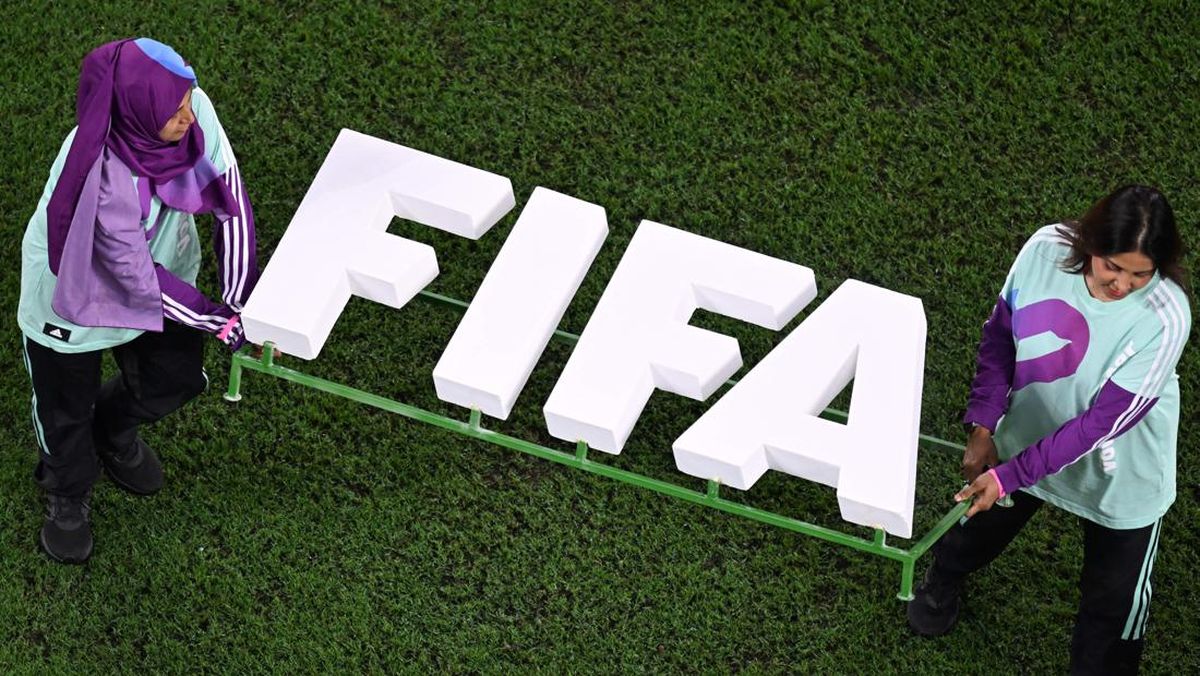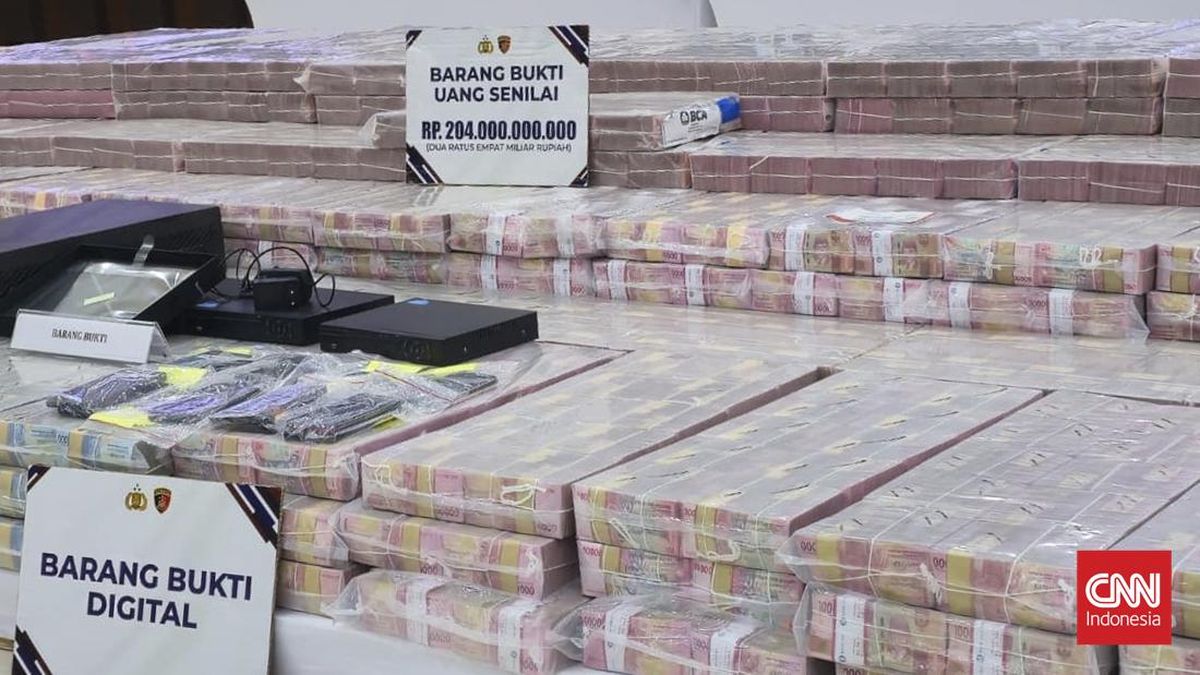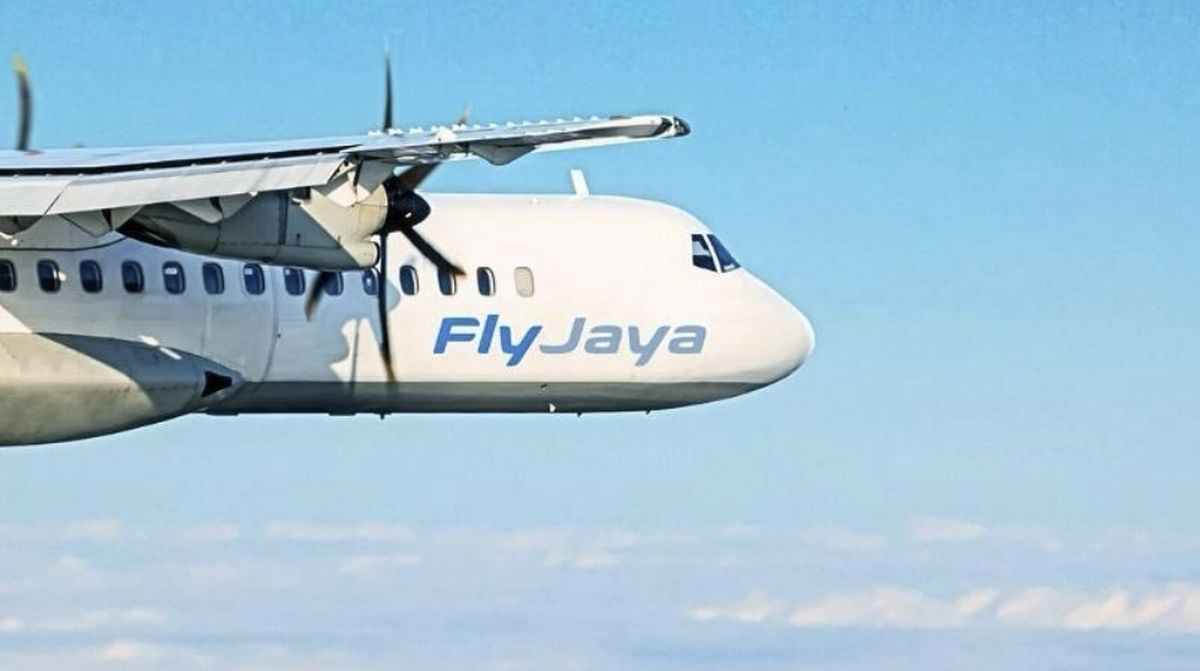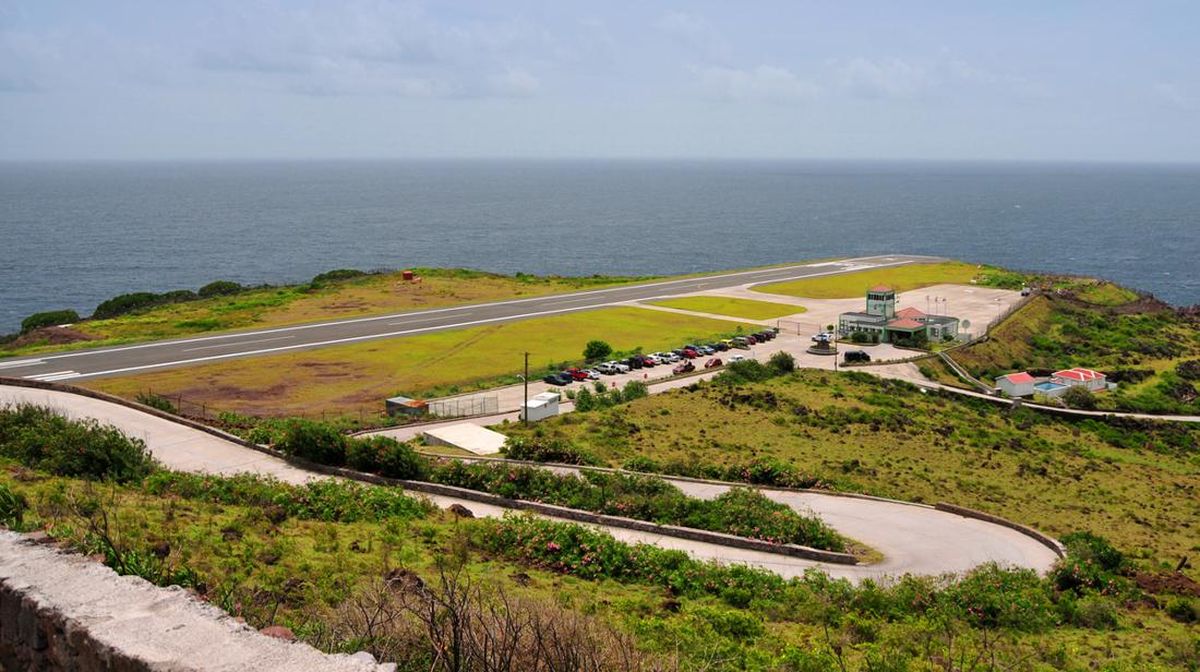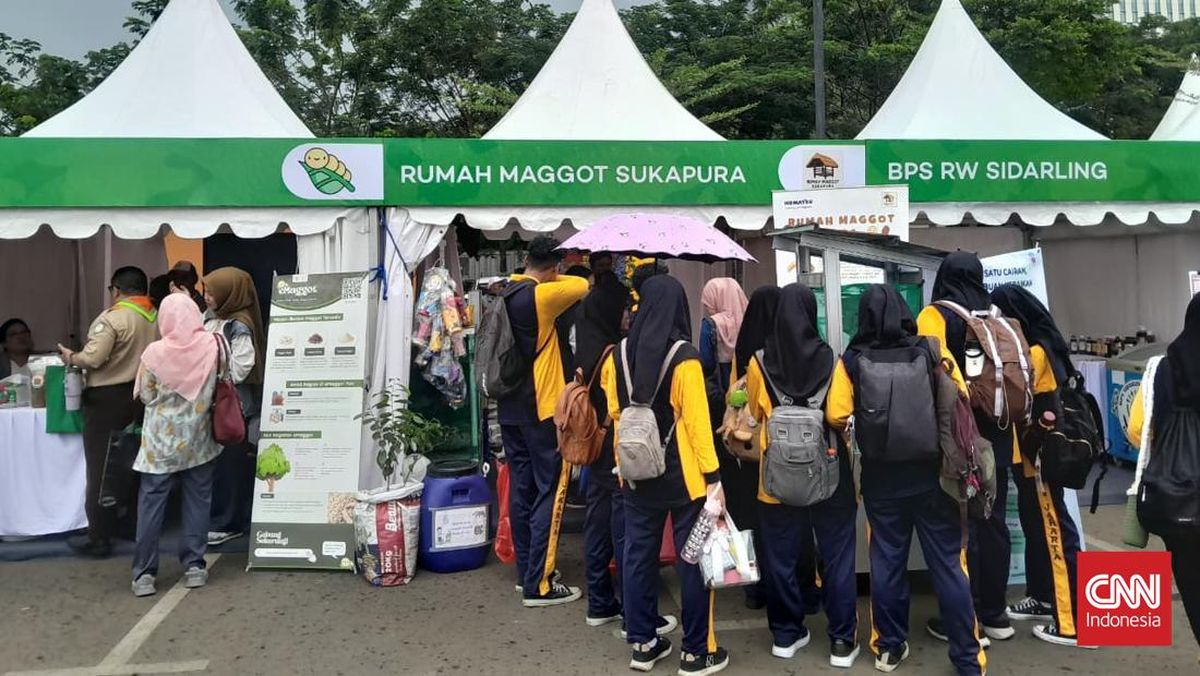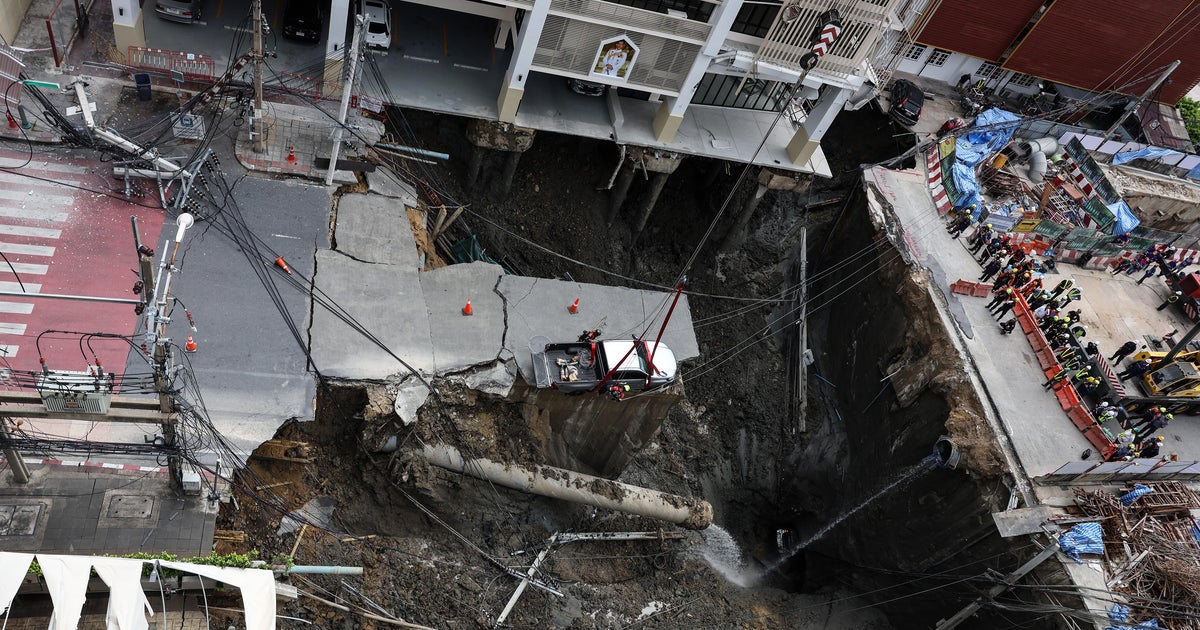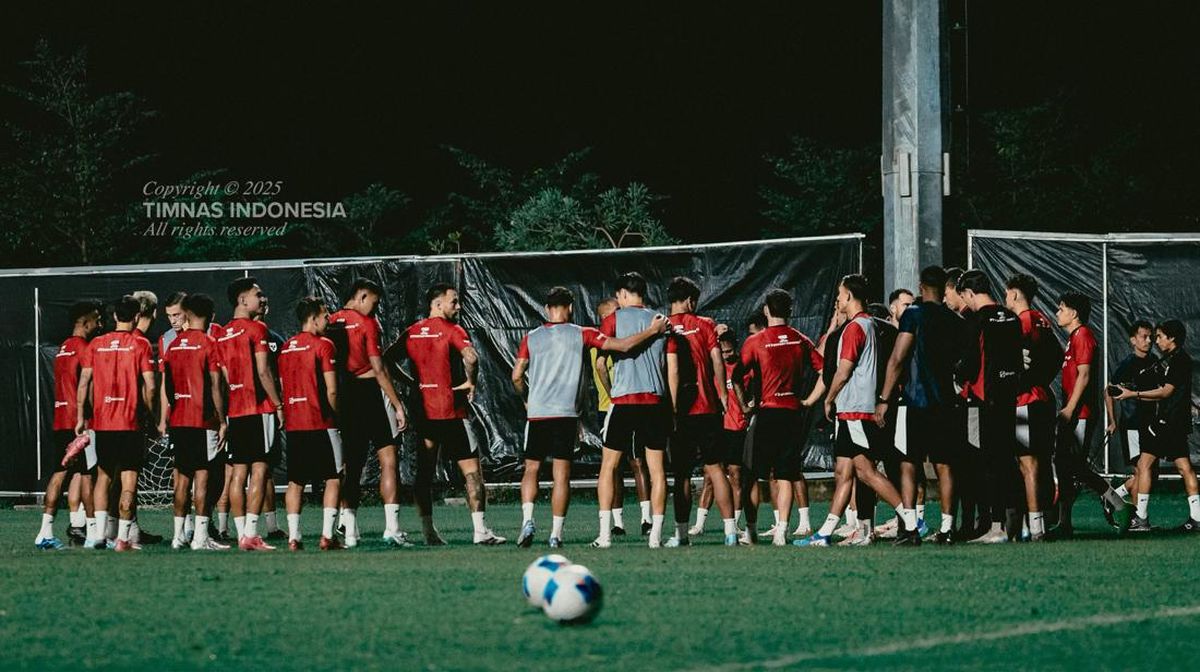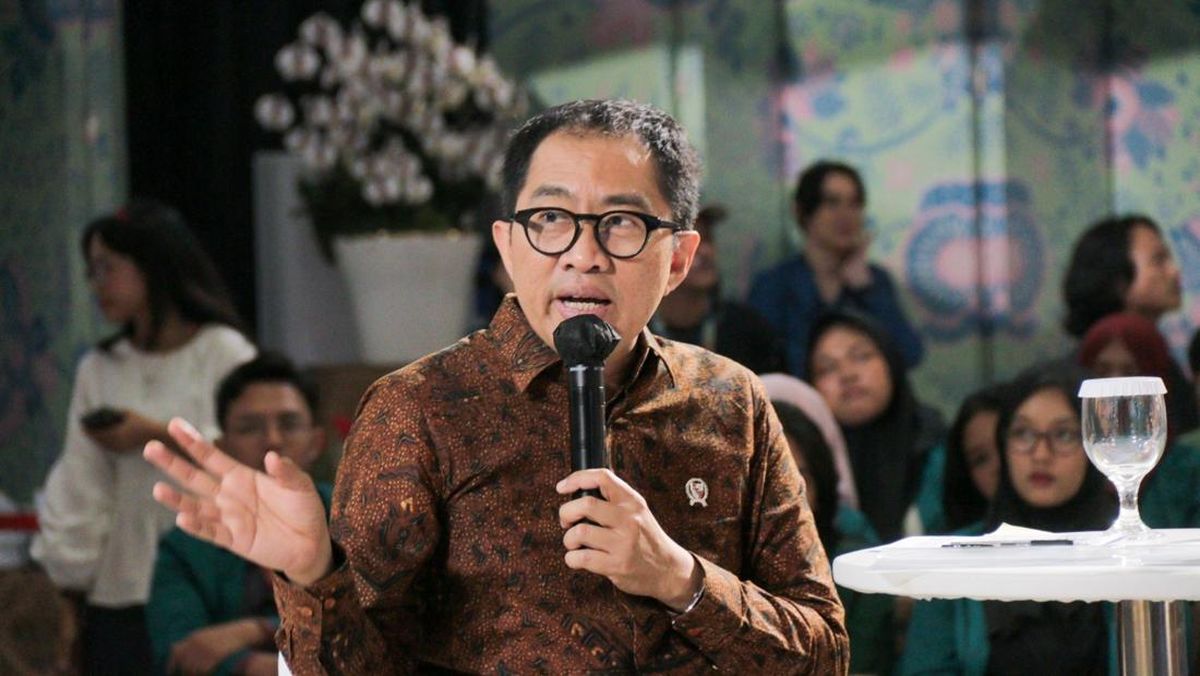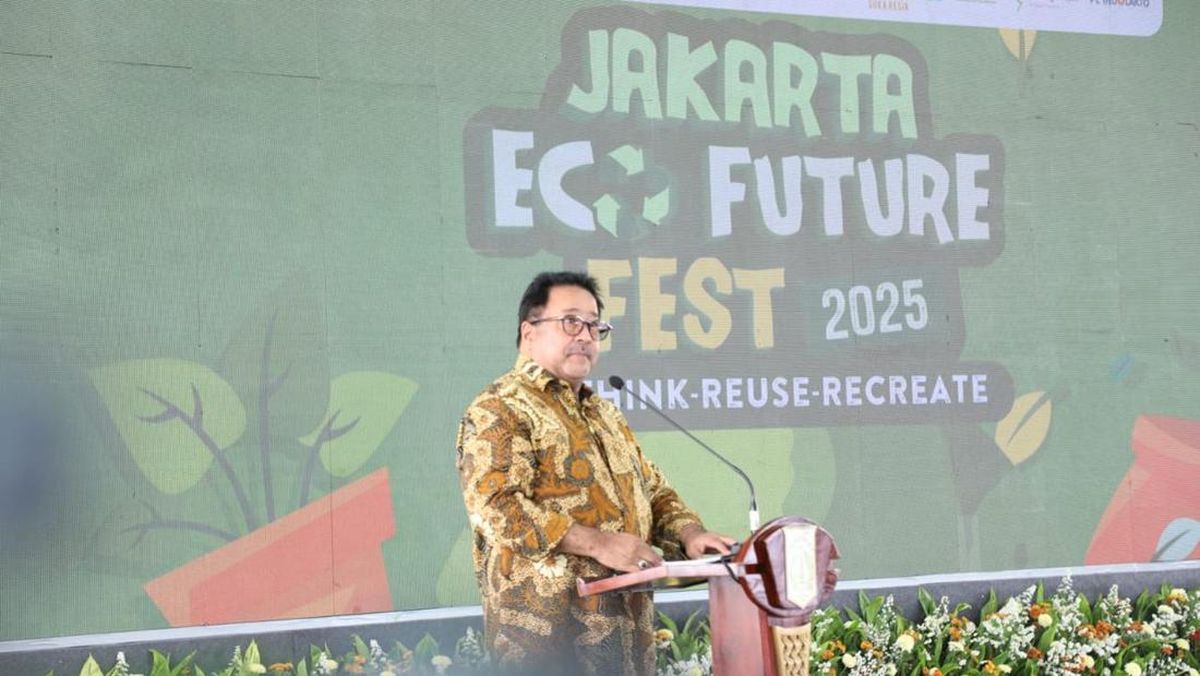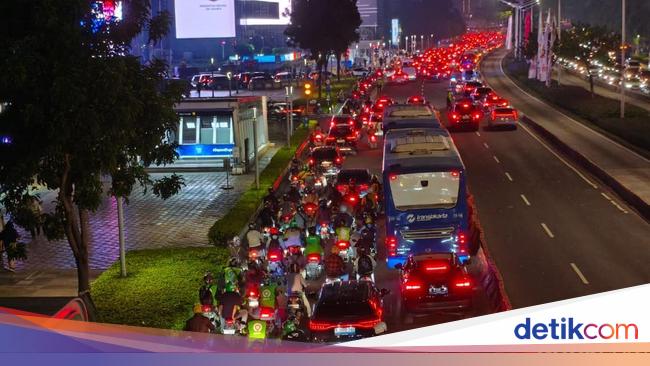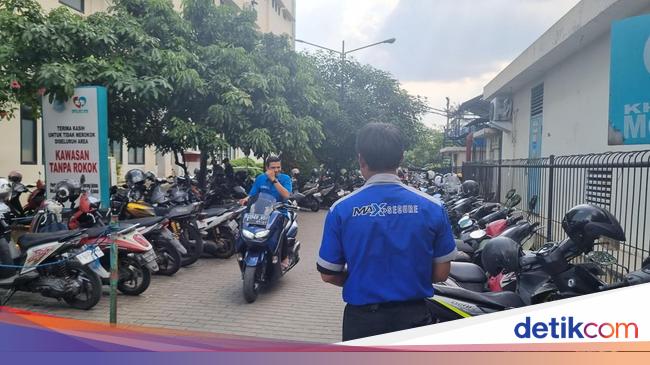The news
Queensland police voted to accept a new pay deal in a tight ballot amid officer unrest stemming from the in-principle agreement struck between the union and Crisafulli government in July.
Preliminary results from the ballot finalised on Thursday, seen by this masthead, show 51.6 per cent of votes were cast to accept the deal, with 48.4 per cent opposed.

“Now, ultimately, I will be judged on my performance at an election in 2027”: Queensland Police Union president Shane Prior in July.Credit: Catherine Strohfeldt
The Queensland Police Union was expected to provide a public update on the outcome of the vote on Thursday afternoon.
Why it matters
Union president Shane Prior was forced to stare down questions about his leadership and criticisms the deal did not deliver enough for members in the days after revealing the in-principle deal.
This was said to net officers $163 million above the state wages policy of a 3 per cent pay rise this year, and 2.5 per cent for the two following years – from which the government has refused to shift.
Public reaction from some members had forced the union to turn off comments on its Facebook post announcing the deal, while others, including union delegates, criticised it and Prior personally.
Prior and other union officials then took part in presentations and questionnaire sessions to explain the benefits of the deal to officers. Some branches have reportedly passed votes of no-confidence.
What they said
In July, Prior described the blanket wages policy of the Crisafulli government – panned by unions even before the June budget – as insulting to every frontline worker in the state.
“But it is up to the appropriate union to go and negotiate in good faith with government, and we did that – we negotiated $163 million above the state wages policy [when including role restructures, boost to penalty rates and an $8000 retention bonus],” Prior said.
“I absolutely understand that not delivering the appropriate information at the time of announcement has resulted in a fuelling of [frustration]. I have every faith that once officers … see what this agreement is going to deliver for [them] … our officers will turn around and see that this is a very reasonable deal.”
He refused to be drawn on questions of what a rejection of the offer when put to members for a vote in September would mean for his leadership, and that of the broader union.
“Now, ultimately, I will be judged on my performance at an election [for union roles] in 2027, but the first ballot that I’m focusing on is September, and seeing whether or not EB 11 will get over the line,” he said.
What else you need to know
The police agreement is the latest high-profile workplace deal struck by the first-term LNP government managing a raft of major public sector negotiations within its first year.
Teachers, who held a historic strike in pursuit of a better offer from government, remain in conciliation talks being managed by the Queensland Industrial Relations Commission.
Most Viewed in Politics
Loading


